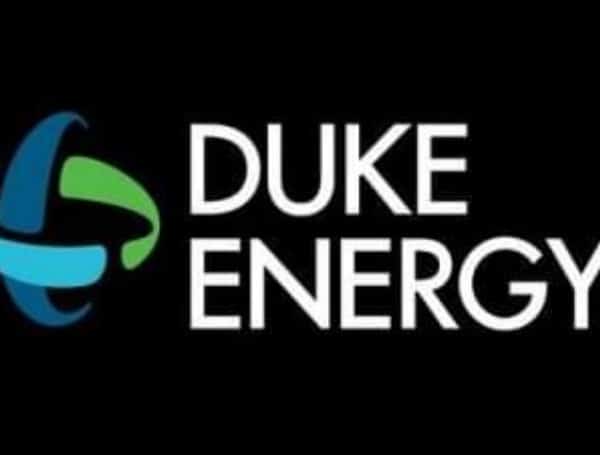Elliott Management, a Wall Street hedge fund that has long been accused of seeking short-term profits at the expense of workers and shareholders, has reportedly bought a significant stake in Duke Energy, a company that provides power to over 1.8 million Floridians.
According to reports, Elliott wants to force ill-advised changes at Duke. Among the proposals includes one to break up the company, which could have significant negative consequences for the state’s energy consumers.
Elliott’s track record in the utility industry has been questionable at best. Recently, it tried to impose its will on Evergy, a Kansas City-based utility. Elliott — one of the company’s largest investors — was rebuffed and subsequently made its fight public. After reports that Evergy rejected a takeover attempt by NextEra, the country’s most valuable electric utility holding company, Elliott in November 2020 demanded that Evergy “immediately reengage with NextEra and fully explore the possibility of a transaction,” according to Reuters.
A few months after Elliott and Evergy signed a cooperation agreement, Kansas’ State Corporation Commission opened an investigation out of concerns that “Elliott’s focus on increasing shareholder value will place Evergy’s customers at a high risk of paying higher rates or receiving lower quality service. …” This was followed by a similar investigation from the Missouri Public Service Commission, which wanted to ensure that Elliott “will not lead to unnecessarily higher rates or diminished quality of service for Missouri rate payers.” To make matters worse, the watchdog group Public Citizen filed a complaint with the Federal Energy Regulatory Commission (FERC), alleging that Elliott failed to provide the required notification after it obtained control over Evergy.
Evergy is just one example of what appears to be Elliott’s drive for profits at the expense of people. In Texas, the Public Utilities Commission sent a stern letter to Elliott for seemingly misrepresenting its position related to bankruptcy proceedings of Energy Future Holdings, a Dallas-based utility. In 2017, Elliott had become Energy Future’s largest creditor and opposed multiple attempts to sell its largest asset, Oncor. Elliott instead supported a deal to sell Oncor to Sempra. Months after the deal closed, it was disclosed that Elliott had taken a stake in Sempra.
Given this track record, it’s clear that Florida can do without this Wall Street billionaire’s meddling with our public utilities.
Will Elliott’s investment in Duke Energy lead to the hedge fund trying to force a sale of Duke Energy Florida to Florida Power & Light’s (FPL) parent company, NextEra? That would seem to make intuitive sense, which is concerning because that sort of acquisition would essentially grant FPL monopoly power in the state.
That could be bad for consumers and mean higher rates. If NextEra did attempt to acquire Duke Energy Florida, the Federal Energy Regulatory Commission — the agency that oversees the industry — would need to take a long, hard look at the potential negative effects that could come from such a deal.
FPL’s parent company has a terrible track record when it comes to acquisitions. For example, in April it officially withdrew its offer to buy Santee Cooper, South Carolina’s state-owned utility company that provides power for 2 million Palmetto State residents. That was the culmination of years-long drama with state lawmakers, some of which suggested that NextEra waged a secretive dark-money spending and lobbying campaign in an attempt to secure the deal. It was an unmitigated disaster for the company.
Florida would be better off if it decisively rejects Elliott’s attempts to meddle in Duke Energy. Especially since it appears that only Elliott stands to gain —and at the expense of Duke Energy’s workers and customers in Florida.
Chris Ingram is a communication, political, and media consultant in Tampa. Follow him on Twitter at @IrreverentView or send him an e-mail to chris@tampafp.com.
Android Users, Click Here To Download The Free Press App And Never Miss A Story. It’s Free And Coming To Apple Users Soon.
Support journalism by clicking here to our gofundme or sign up for our free newsletter by clicking here
